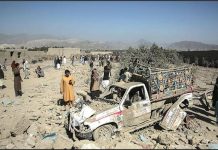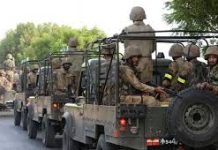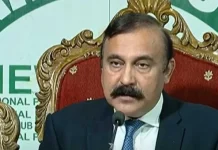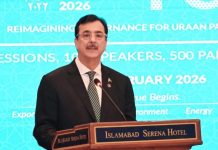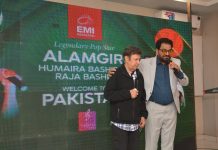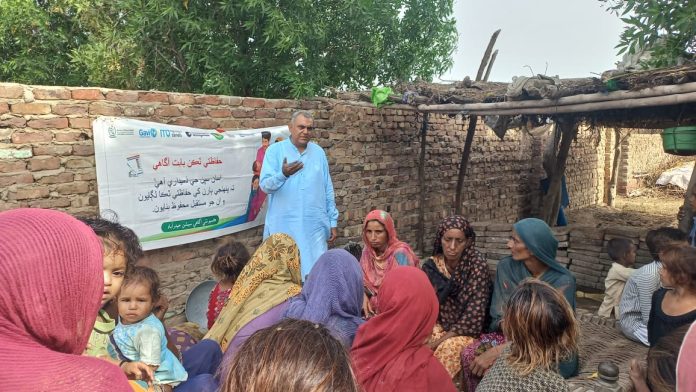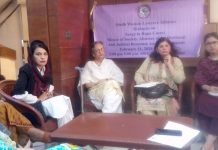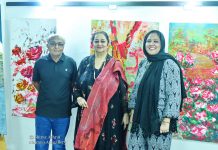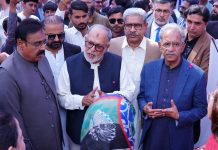ByPirTajRashdi
SocialWorkerandDisabilityRights Advocate
Hyderabad, Sindh – Neurodevelopmental disorders (NDDs) such as Autism Spectrum Disorder (ASD), Attention Deficit Hyperactivity Disorder (ADHD), Down Syndrome, Cerebral Palsy (CP), and Dyslexia are quietly increasing among children in Hyderabad. Thoughoftenmisunderstood,theselifelongconditionsarehavingasignificantimpacton child development and family well-being.
According to the World Health Organization (WHO), about 1 in 100 children worldwide is diagnosed with autism, and ADHD affects around 5% of children globally. The WHO also highlights that early detection and intervention are crucial for improving long-term outcomes in children with developmental conditions. Unfortunately, in cities like Hyderabad,suchearlysupportisoftenunavailableduetolowpublicawarenessandlimited access to services.
BiologicalCauses:Understandingthe Root
Thesedisordershaveclearbiologicalandneurologicalcauses:
- AutismandADHDareoftenlinkedtogeneticvariationsandabnormalitiesinbrain development, which typically occur during pregnancy or early infancy.
- DownSyndromeiscausedbyageneticcondition—anextrachromosome21(trisomy21).
- CerebralPalsyusuallyresultsfrombraininjuryoroxygendeprivationduringbirthordue to premature delivery.
- Dyslexiainvolvesdifferencesinbrainareasresponsibleforreadingandlanguage processing, often inherited.
AsemphasizedbyWHO,thesearedevelopmentaldisorders,notbehavioralproblems,and require specialized, compassionate care.
DFBahaliMarkazQasimabad:ABeaconofHope
Torespondtothisgrowingneed,DFBahaliMarkazinQasimabadhasemergedasacenter of excellence for children with neurodevelopmental disabilities. Operated by the National
Disability & Development Forum (NDF) in collaboration with the Department of EmpowermentofPersonswithDisabilities(DEPD),GovernmentofSindh,thecenter provides free-of-cost therapeutic and educational services.
Childrenaregivenaccessto:
- Speechandlanguagetherapy
- Physiotherapyandoccupationaltherapy
- Psychologicalsupportandbehaviortherapy
- Specialeducationandparentalguidance
Thisholisticmodelensureschildrenreceivecontinuouscarethatsupportscommunication, movement, learning, and emotional health.
GovernmentSupportandSocialInclusion
TheGovernmentofSindhfundsthecenter’soperationstoensureservicesremainaccessible and inclusive, especially for children from low-income families. These efforts reflect WHO’s global call for inclusive education, community-based rehabilitation, and social support for children with disabilities.
Familiesreportvisibleimprovementsintheirchildren’sdevelopment—fromnon-verbal childrenlearningtospeak,tothosewithCPgainingphysicalstrengthand independence.
The WayForward
With cases of neurodevelopmental disorders rising in urban and rural areas alike, there is an urgent need to replicate Hyderabad’s model in other districts. WHO stresses the importanceofearlyintervention,publiceducation,andpolicysupporttoreducedisability- related stigma and improve health outcomes.
Hyderabadhastakenaboldandcompassionatestepbyaddressingthesechallengeshead- on. As awareness spreads and partnerships grow, it is hoped that every child with special needs across Pakistan will have access to the care and dignity they deserve.
Sources:
- WorldHealthOrganization(WHO).(2023).Autism.https://www.who.int/news-room/fact-sheets/detail/autism-spectrum-disorders
- World Health Organization (WHO). (2022). Developmental disabilities. https://www.who.int/news-room/fact-sheets/detail/developmental-disabilities
- World Health Organization (WHO). (2023). Mental health of children. https://www.who.int/teams/mental-health-and-substance-use/child-and-adolescent-
mental-health

